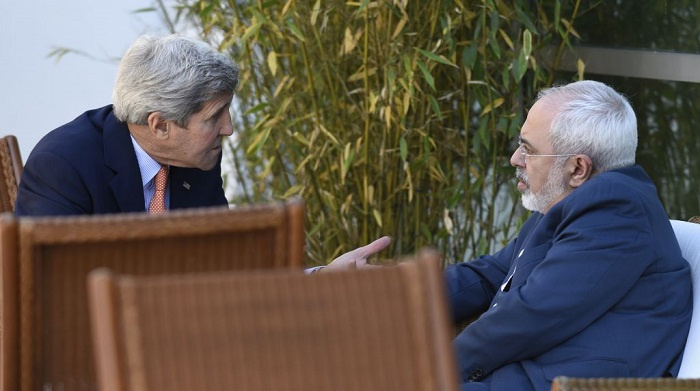Crucial Dash Toward A Final Deal

With the July 1, 2015 deadline for a final nuclear deal approaching, it is now time for a big leap forward that would remove the existing obstacles and reach a mutually-beneficial agreement that would end the Iran nuclear crisis and thus greatly contribute to the cause of regional and global peace and tranquility.
After the latest round of bilateral, i.e., U.S. and Iran, and multilateral negotiations between Iran and the "5 +1" nations, indicating some tangible progress, hopes are high that the deadline can be met and there would be no need to extend it, even though the Iran negotiators have raised the possibility of more time needed to iron out the differences over the content of the final agreement, which is reportedly highly complex and will likely include technical details.
One reason the parties are determined to make full use of the month of June to work extra-hard toward achieving the final agreement is that both sides realize that this is a unique and historic opportunity that ought not to be missed. In other words, there is a convergence of views on the importance of 'seizing the moment' and putting nuclear diplomacy to work to bridge the gaps and thus create a consensus among the seven nations negotiating for so long and so hard through marathon rounds. In other words, serious momentum toward a deal has been generated that has a fairly decent chance of fruition by the end of June.
From Iran's vantage point, the final deal must meet all the criteria of national interests, including the "red lines" set by the political system and its leadership, in order to satisfy the requirement of a "win-win" formula. Tehran's expressed concerns about the issues of inspectors’ access to Iran's military sites or Iran's scientists must be taken into consideration by the other side, since they reflect the country's legitimate standard that its national security interests would not somehow be undermined or compromised as a result of the provisions of the final agreement. Much, then, depends on the willingness of Western negotiators led by the U.S. to refrain from pressing Iran with unreasonable demands and to, instead, temper their "excessive demands" by making timely adjustments dictated by "political realism."
Unfortunately, the U.S. is not quite there yet, reflected in a long list of individuals that the U.S. negotiation team has submitted to their Iranian counterpart for future interviews by the International Atomic Energy Agency (IAEA); the list apparently includes some high level political officials in Iran, who have categorically objected to such a list.
Another issue of concern for Iran is the faithful Western implementation of their obligations under a final deal. For example, the Iranian officials have stated that as part of the final deal, Iran would get its hands on the $100 billion dollar of its frozen assets in foreign banks. Any attempt by the present or next U.S. administration to delay the release of Iran's blocked assets would be a sign of non-implementation that could seriously complicate issues. On the other hand, a speedy U.S. delivery of its part of the bargain will undoubtedly go a long way in terms of incremental confidence-building and detente between U.S. and Iran.
Meanwhile, the government of Dr. Hassan Rouhani should devote the necessary energy and enthusiasm for the domestic acceptability of the deal, in light of the stated concern of some lawmakers and others regarding the "red lines" and the preservation of Iran's full panoply of national interests under the final deal. After all, national unity behind the deal is an important consideration that will undoubtedly affect the broader issues of Iran's foreign policy.

